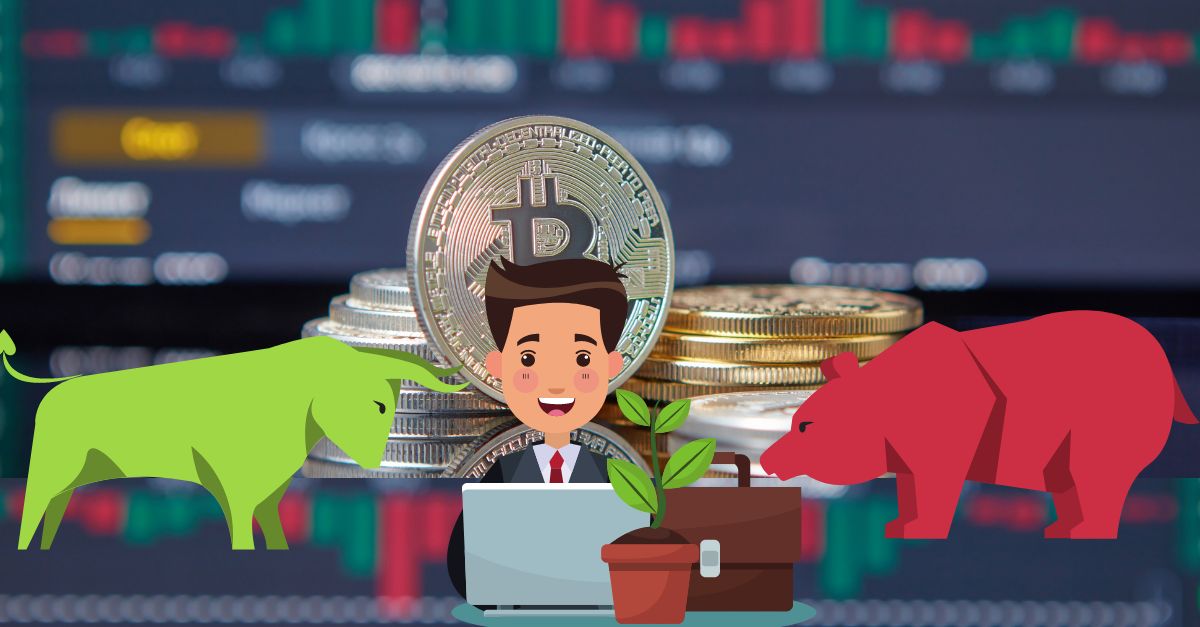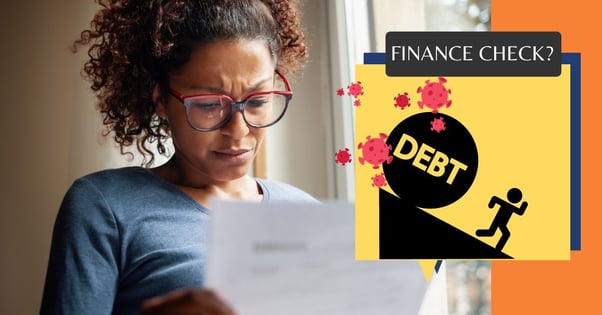What's the health status of your finances during these times?
If you're not hurting for cash, consider yourself lucky. Other people are dealing with debts day in and day out.
With the pandemic showing no sign of ending anytime soon, more and more people are experiencing financial vulnerability. Some of them are even struggling to put food on the table. Add income uncertainty to the equation and it is unstable finances all around.
Households in China and Thailand have been reported dealing with record debts. It's the same with the rest of the world too. In January this year, global debt increased by $19.5 trillion. The burden of the COVID-19 pandemic affects both advanced and developing economies. Poor countries may feel the impact the hardest but the debt crisis is apparent everywhere.
Without a doubt, everyone is going through one form of pandemic debt or another. So what can you do about it?
You have three possible options:
1. Worry and stress over it endlessly
2. Find ways to manage your debts and even save money
3. Start crisis-proofing your finances
Considering that option one doesn't provide you with any solution to the problem at hand, I'd say we work out your second and third options.
How to manage your pandemic debts
Or any other debts for that matter.
1. Get a clear picture of all your dues and obligations
It's understandably scary to do this. Because then, your debts will be staring at you right in your face. But how else can you face your debts if you don't know what exactly you're dealing with?
Make sure to list down every financial detail of what you owe. Prioritise debts according to interest rate, amortisation period, and the level of impact they have on your income and financial status.
Credit card debts, for example, have high interest rates so paying them off should be a priority. Once you cleared it, you then have the option to forego using the card entirely or use it as a revolving source of funds--shop for what you need on credit, pay the dues in full, and use the card again on your next round of essential purchases.
2. Find out if there are COVID relief programmes available
Malaysia has recently launched a six-month loan relief programme. Under the Pemulih economic package, Malaysians won't have to pay their bank loans in full until 2022. Without a doubt, there are similar arrangements that you can tap into. Contact your creditors and find out.
If money is tight, such programmes are sure to relieve you of the burden of debt, albeit temporarily.
3. Consider consolidating all your debts
Rather than deal with multiple debts, consolidating all of them into one will make management easier on your part. If you created a long list after doing step one, consolidation will narrow it down.
One of your options is to take out a low-interest loan to pay off most if not all of your debts, particularly those that incur high interest. With just one loan to deal with, all your debts will be more affordable and manageable.
4. Cut costs where possible

Take a long hard look at your expenses and see if you're overspending on something.
Debts are often a result of you spending more than your income. Therefore, if your expenses are less than what you earn, you'll have extra cash. This can go into your savings account, which can then help pay off your accrued debts.
You should also take this opportunity to create or adjust your financial plans.
5. Seek professional help
There are many professionals out there who can help you manage your finances and debts wisely. So why not work with them? While you can always work out your dues and liabilities all on your own, financial advisors and consultants can provide you with invaluable knowledge and tips.
By following these steps, you can better deal with the overwhelming stress that comes with pandemic debts. But should you stop there?
How to make your finances crisis-proof

As previously mentioned, saving money where possible can help pay off your debts. This is also the first step to set up your savings fund if you haven't yet.
It's one thing to have emergency savings. It’s another to be financially secure even in rough times.
No one really knows when the COVID-19 crisis will end, so you might want to build up your savings fund and ensure it can withstand this pandemic or the next recession.
The next step should be easier if you manage to deal with your debts. Since a part of that process is to cut back on spending, you now have the opportunity to boost your savings.
Now, if you have extra cash after you put some into your savings account, use it to earn more over the long term.
1. Invest in stocks, gold, cryptocurrency and other investment vehicles
Markets may be unstable during a crisis, but consistency will help you earn a profit. Contribute regularly and reinvest your profit to build your wealth slowly but steadily.
You should invest in dividend-paying stocks and in safe-haven assets. The price of gold, for example, tends to increase during economic instability.
Find out where you can invest your $100 and grow your wealth.
2. Trade or invest in currencies
There are opportunities to earn money whether the Forex market is stable, slow or volatile. This is why it's considered a recession-proof market. There are several ways to earn passive income from Forex as well. Once you gained the skills and knowledge in trading currencies, you'll become a consistently profitable trader.
To get started, check out this Definitive Guide to Forex Trading for Beginners and the Uninitiated
A word of caution
Investing and trading are not without risks. This is why risk management is vital to crisis-proofing your finances.
- Know your risk tolerance and respect it
- Don't risk more than you can afford to lose
- Don't invest or trade money you can't afford to lose
- Don't borrow money for the purpose of investing. You'll double your debts if you lose.
- Always calculate the reward-to-risk ratio, and ensure you get more rewards.
Most importantly, invest in financial education and skills development. The more you learn about investing and trading the better you are at crisis-proofing and growing your finances.
Ready to grow your wealth from the world's largest financial market? No better place to start than right here with us! Start trading with Fullerton Markets today by opening an account:
You might be interested in: 4 Practical Ways to Improve Your Trading Confidence











